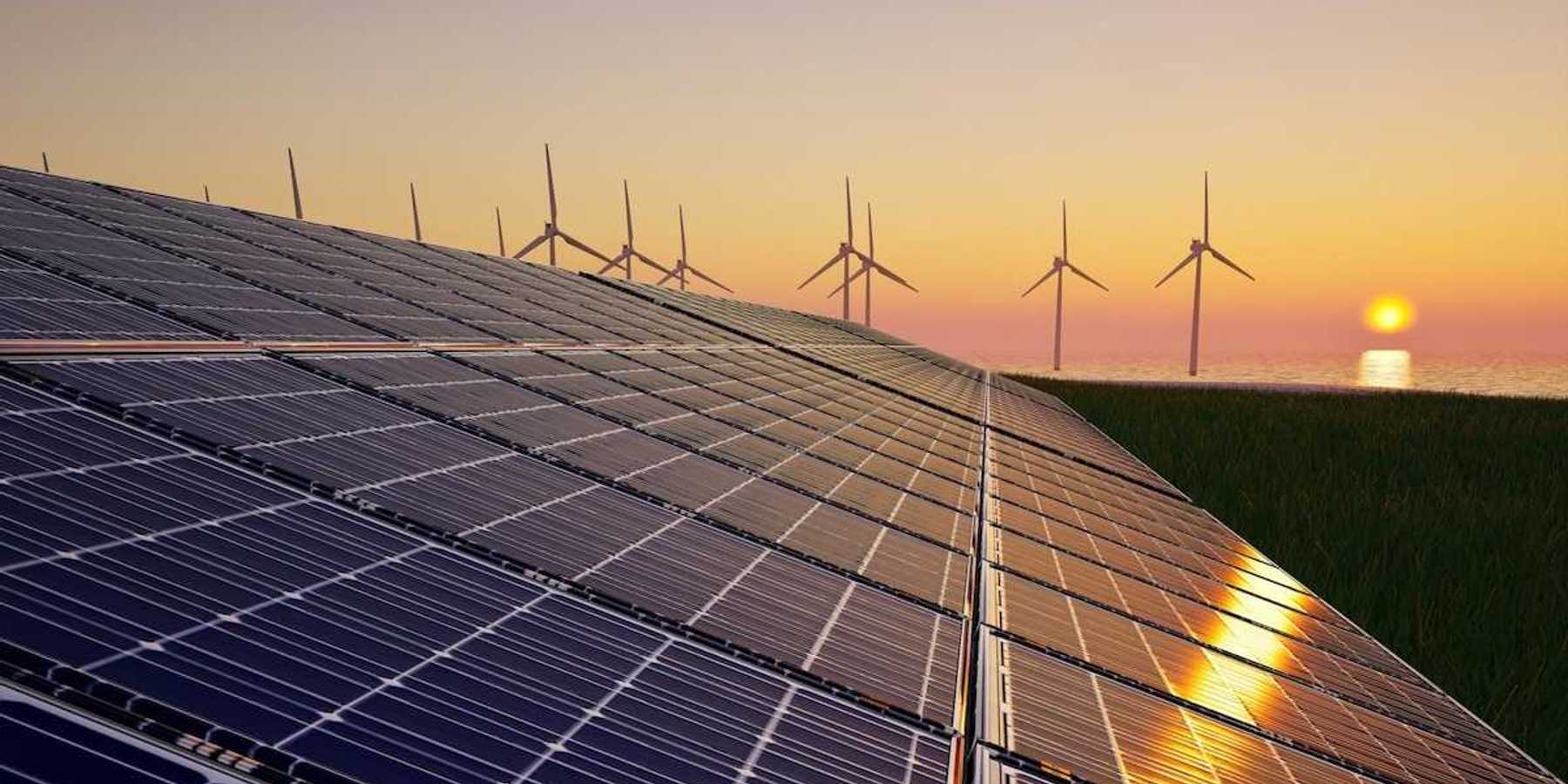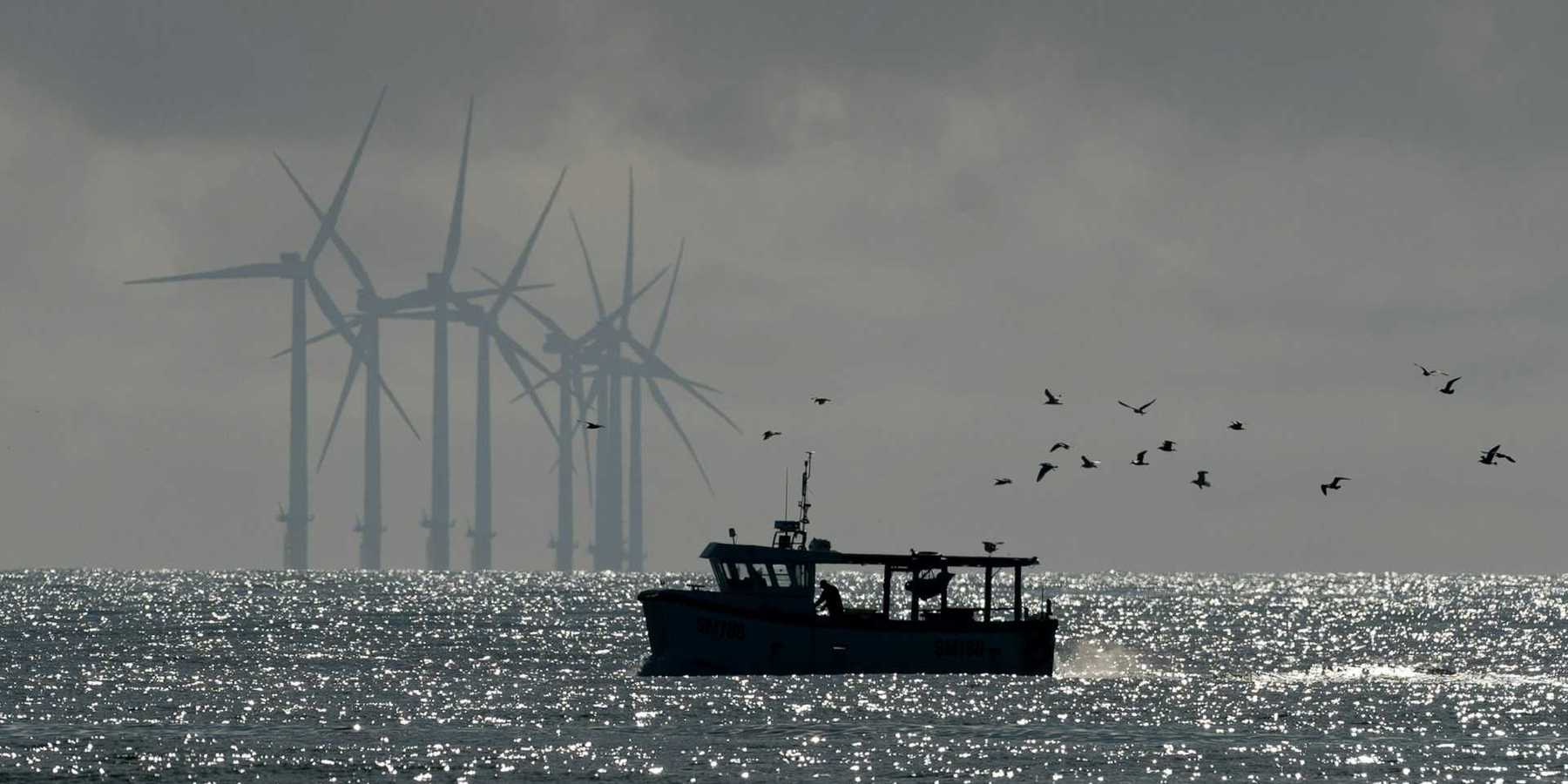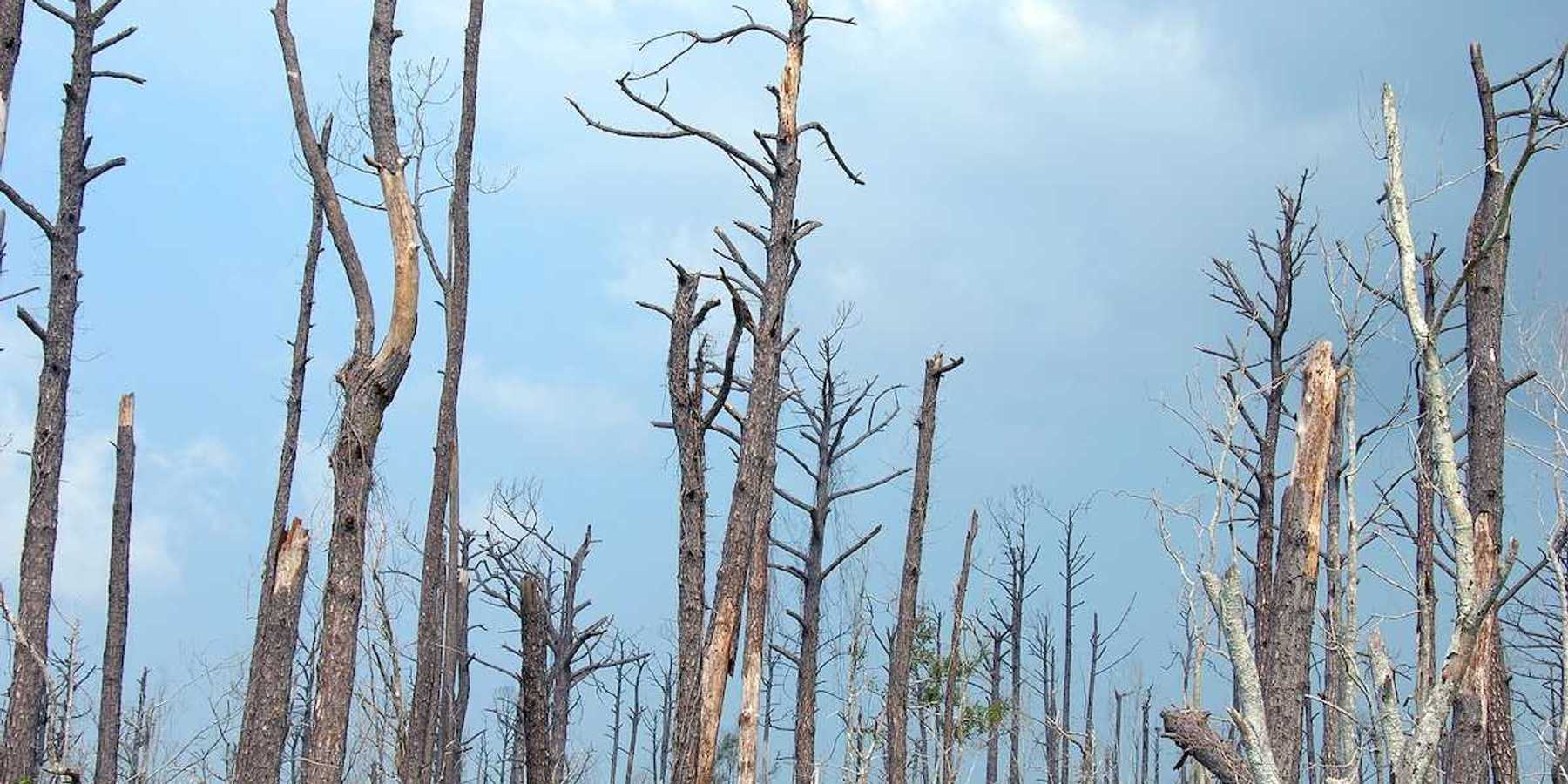Peter Dykstra: Meet the Zeroes
Back in the day, even the climate-denying, drill-baby-drill zealots tried to maintain a saving green grace. Not anymore.
Once upon a time, environmentalists’ favorite villains always kept a pet green cause in their back pockets.
James G. Watt, Ronald Reagan’s pious, libertarian Interior Secretary, sought to lease every square inch of American coastline whether or not it bore potential for oil and gas. He also suggested that if environmental regulation could not be overcome with the ballot box, then the “cartridge box” awaited. But even Watt tipped his political hat to environmental values, endorsing a halt to global commercial whaling during a 1991 whale watch excursion.
Years later, Oklahoma Sen. Jim Inhofe was well on his way to establishing himself as the alpha dog of congressional climate deniers. But in 2004, he became champion of the endangered Kemp Ridley sea turtles, co-sponsoring a measure to protect their nesting grounds along the Gulf Coast.
But now, when the most basic environmental questions have turned brutally partisan, things have shifted. Conservatives no longer feel they need to put up a green show to keep appearances, according to the scores of the League of Conservation Voters (LCV), a half-century-old, non-partisan organization that tracks the behavior of congressional committees or individual congresspersons.
LCV bases its rating on key environmental votes in the House and Senate. What it shows is alarming.
That was then...
I looked at the 1990 Congress as a random year. Two senators and 23 House members rated a zero LCV score that year. Republican senators averaged 32%; Democrats, 65%. In the House, LCV gave the GOP a 40% average; the Dems scored 68% on average.
This is now...
Well, the zeroes actually haven’t grown by a lot: 33 House members and, in fact, none in the Senate. But, virtually every single Republican House and Senate member today is under 30%. Prominent among those with a 0% LCV score are several reps. whose outspoken-ness has raised eyebrows, like Rep. Marjorie Taylor Greene of Georgia, Paul Gosar of Arizona, and Lauren Boebert of Colorado.
Why this matters
To me it’s horrifying to see things coming to a head as they are this summer and America’s two political parties more polarized than ever. Marco Rubio, R-Fla., a senator with presidential dreams, is pulling a 5%, with his state barely five feet above rising seas. Presidential rival Ted Cruz, R-Texas, whose state has been ravaged by heat, drought and storms, is at 3%. Higher scorers like Rep. Liz Cheney, R-Wyo., at 30% are ending their careers, voluntarily or otherwise.
Hellacious wildfires and biblical downpours ought to be climate’s heralds, but these folks simply aren’t paying attention.
Peter Dykstra is our weekend editor and columnist and can be reached at pdykstra@ehn.org or @pdykstra.
His views do not necessarily represent those of Environmental Health News, The Daily Climate, or publisher Environmental Health Sciences.













